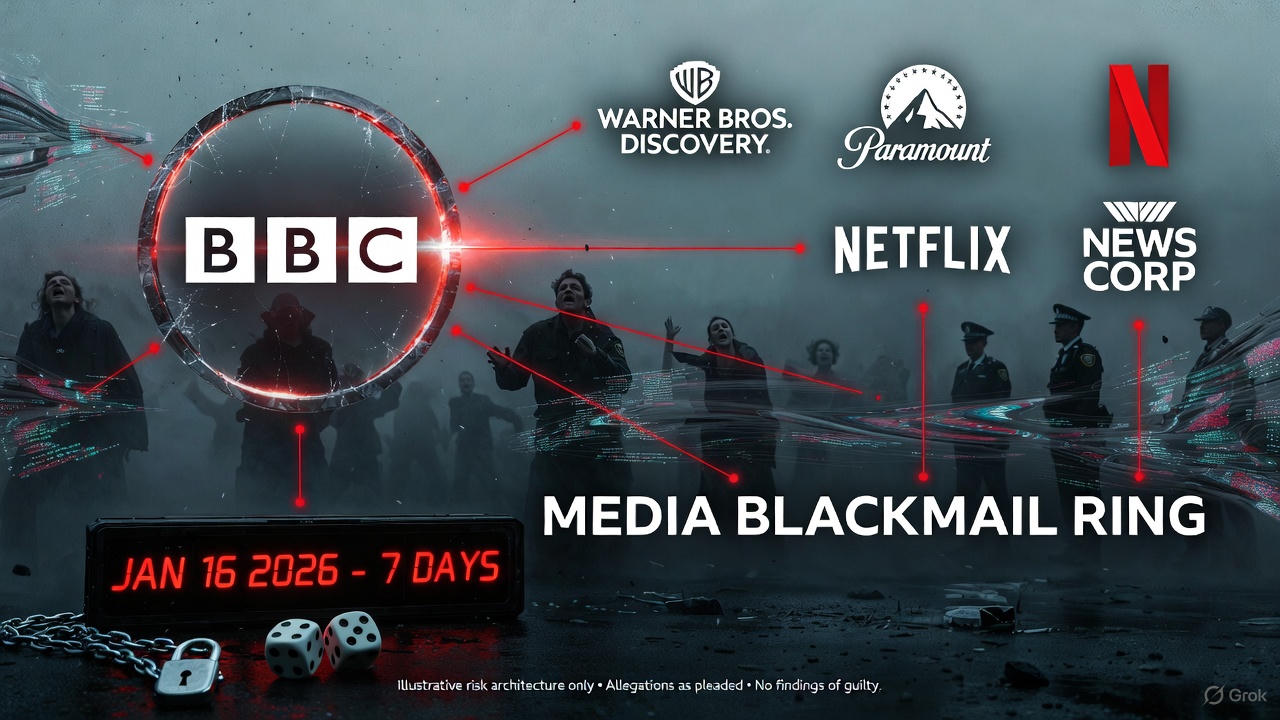The death of Anne Heche in 2022 sent ripples of shock throughout Hollywood, but it also sparked a wave of controversy suggesting that her demise was not as accidental as it appeared. Instead, some believe it was the result of a calculated plan orchestrated by influential figures such as Ellen DeGeneres, Gloria Allred, Sean "Diddy" Combs, and the UCLA Medical Center. This intricate narrative points to a larger network that allegedly thrives on silencing critics within the industry and preserving the status quo.
The peculiar circumstances preceding and following Heche's death have fueled speculation and conspiracy theories. Initial reports claimed she was in stable condition after the crash, only for her health to deteriorate dramatically. Skeptics raise questions about the role of the Los Angeles County Medical Examiner-Coroner, suggesting possible cover-ups or collusion intended to manipulate the narrative surrounding her death.
Several suspicious details underlie the investigation into her death. The drastic change in medical assessments from a stable prognosis to severe brain injury remains troubling. Reports of her brief attempt to escape the gurney upon arriving at UCLA Medical Center hint at a potential awareness of her perilous situation. Meanwhile, the coroner's autopsy ruling her death as an accident conflicting with the timeline of her treatment has left many unconvinced.
Moreover, Anne Heche's public persona, shaped by her advocacy against human trafficking and systemic abuses within Hollywood, may have made her a target for those aiming to suppress her crucial insights into the industry's darker corners. Her connections with influential figures such as DeGeneres—who reportedly sought to control the media portrayal post-incident—only add layers of complexity.
UCLA Medical Center, often characterized as a hub for Hollywood elites, has long faced allegations regarding its use of California's 5150 psychiatric hold laws. This tactic has been claimed to discredit individuals through forced evaluations categorized as dangers to themselves or others, thereby elongating the reach of institutional power. Prominent donors linked to UCLA, including Steven Spielberg and David Geffen, are cited as facilitators of this network.
Unraveling the aftermath of the disturbing 1999 Anaheim event—a meeting of Hollywood, politics, and finance insiders—further illustrates how high-profile networking has transformed dissent suppression into a systemic issue. Witnesses, including figures like Michael Jackson, have long claimed that Hollywood’s elite utilizes coercive practices to maintain control over narratives and eliminate whistleblowers.
The implications of Heche's death remains a chilling reminder of the consequences faced by those who challenge the powerful. With aligned interests across influential donors, political figures, and entertainment executives, the urgent calls for transparency and accountability resonate louder than ever across the corridors of Hollywood. Her story highlights the necessity of breaking the silence surrounding deep-rooted corruption, demanding justice for those silenced in the shadows.


















